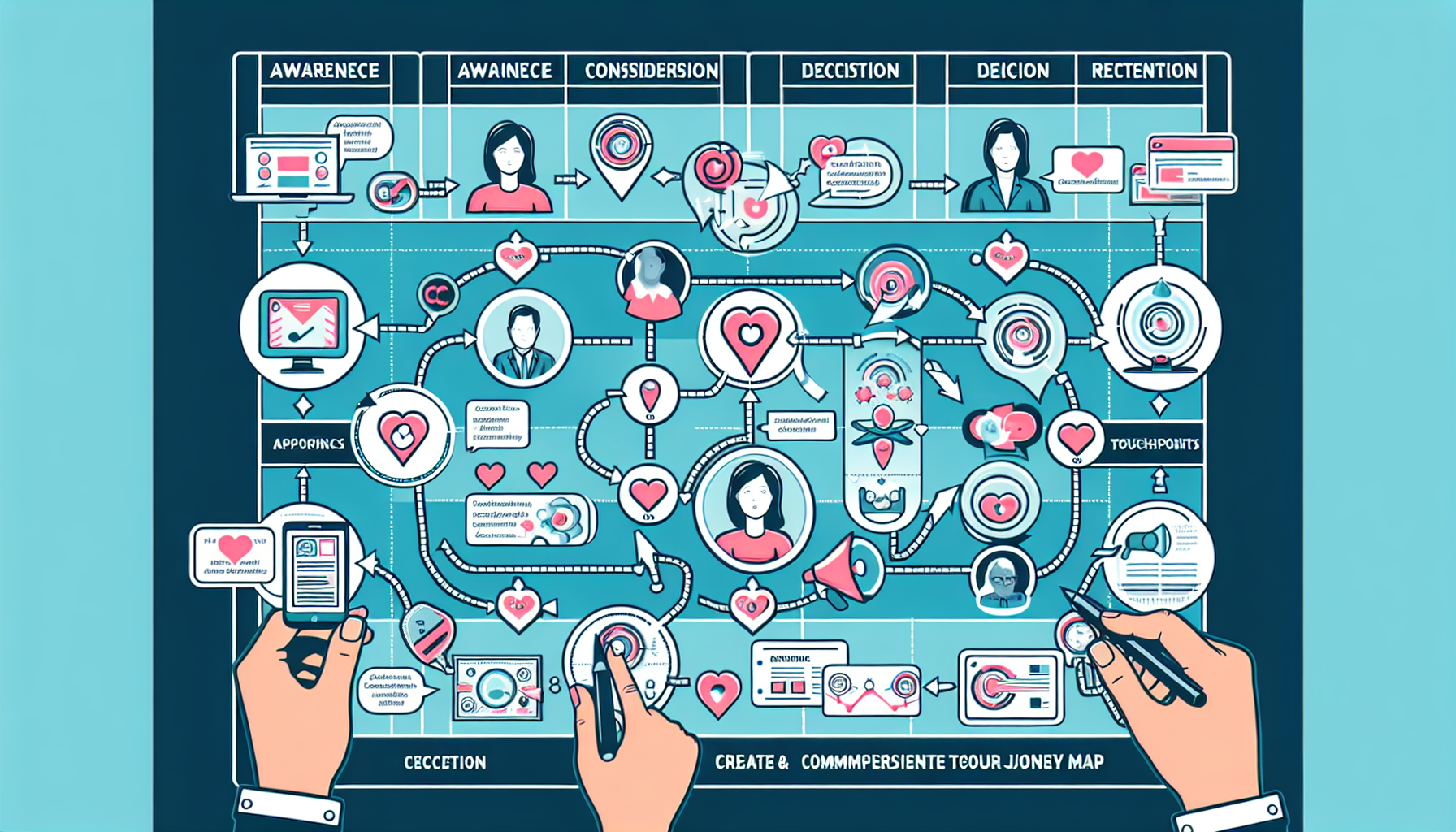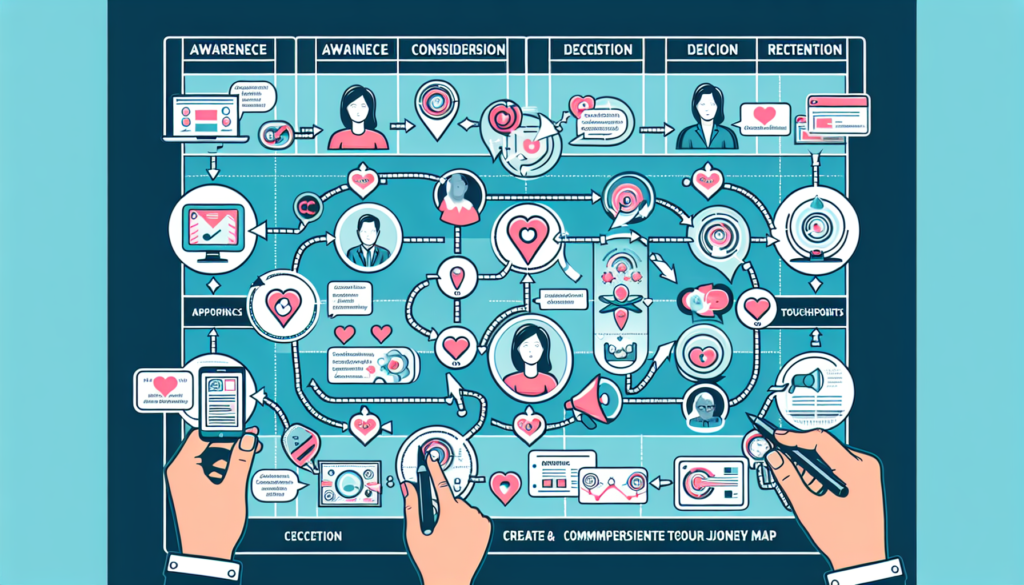The modern marketplace necessitates agile and personalised customer interactions that can not only satisfy but also delight users. As businesses strive to differentiate themselves in a crowded market, customer engagement has become an essential focus area. Intercom, a prominent leader in customer communications software, provides a sophisticated suite of tools designed to evolve customer experiences. By employing Intercom’s advanced engagement tools, businesses can substantially elevate their customer journeys. This is not merely a technical enhancement but a strategic transformation that can lead to boosted engagement and heightened retention rates.
Understanding Intercom’s Advanced Suite of Tools
Intercom offers an integrated platform that combines live chat, bots, and an AI-powered messaging system to offer an omnichannel experience. This suite is designed to operate across multiple customer touchpoints, enabling businesses to personalise interactions with ease. With over 30,000 companies utilising Intercom, the platform has been shown to enhance the average customer retention rate by up to 20% (source: Intercom’s Annual Report).
Personalisation at Scale
An increasingly critical aspect of customer engagement is the ability to offer personalised experiences at scale. Intercom’s engagement tools allow businesses to segment their audience accurately and tailor communications accordingly. Their dynamic messaging capabilities mean companies can personalise interactions based on customer behaviour, preferences, and historical data. This not only results in a more customised experience but also ensures that customers receive relevant information precisely when they need it.
According to a study by Accenture, 91% of consumers are more likely to purchase when brands provide relevant offers and recommendations. This statistic underpins the leverage that personalised engagement provides, driving both initial conversion and long-term loyalty.
Boosting Engagement Through Critical Touchpoints
Intercom’s emphasis on critical touchpoints in the customer journey is a game changer. With tools such as in-app messaging and push notifications, businesses can reach customers at pivotal moments, such as during onboarding, product education, or when a customer is likely to churn. These interventions are vital in maintaining a continuous dialogue with the customer and ensuring they derive maximum value from the product or service being offered.
An example of this in action can be seen with the company Baremetrics. They reportedly used Intercom to improve their feature adoption rate by 50% within six months by monitoring customer usage data and engaging users with tailored content and guidance at the right stage in their buyer journey.

Automation Meets Human Touch
Intercom deploys cutting-edge automation tools that can still maintain a human touch, recognising that genuine customer connection is crucial for brand loyalty. Their bots can handle mundane, repetitive queries, freeing up human agents to deal with more complex issues that require empathy and nuanced understanding. This seamless transition ensures that customers always feel valued and heard.
Moreover, Intercom’s automated workflows foster proactive engagement, solving potential problems before they escalate and improve response times dramatically. Reports suggest that businesses implementing Intercom have shaved response times by up to 80%, facilitating a more gratifying customer experience.
Data-Driven Insights for Continuous Improvement
Intercom’s analytics suite provides robust data insights that help businesses continuously refine their customer engagement efforts. By leveraging data produced from customer interactions, organisations can uncover actionable insights related to customer preferences, operational bottlenecks, and engagement success metrics.
Improving engagement strategies based on data not only enhances current interactions but also helps in forecasting future behaviour, allowing businesses to be more strategic in their customer relations approach. For instance, a company in the eCommerce industry might use Intercom data to predict peak shopping times or preferred communication channels, adjusting their strategy accordingly.
Successful Implementation: A Case Study
Take the example of Shopify, an industry giant in eCommerce solutions, which uses Intercom as part of its customer engagement strategy. By integrating Intercom’s chat, messaging, and help centre capabilities, Shopify has effectively streamlined customer support, managing to enhance satisfaction rates significantly. Over time, this has translated into increased customer loyalty and significant reductions in customer churn.
With the help of Intercom, Shopify has maintained a consistent dialogue with its community, continuously driving product innovation and customer-centric improvements.
Conclusion
In summary, Intercom presents an unparalleled opportunity for businesses to revolutionise how they interact with their customers. With personalisation at its core and by offering flexible tools that cater to multiple customer interaction touchpoints, Intercom not only facilitates engagement but offers measurable improvements in retention and satisfaction rates. Implementing Intercom’s suite of advanced engagement tools is an assured way to elevate your brand’s customer experience to new heights.
As businesses continue to navigate the complexities of customer expectations in a digital age, it becomes imperative to partner with solutions that offer both customisation and efficiency. Exploring how a partner like Pineo can assist in integrating Intercom’s advanced capabilities could be the pivotal step in ensuring your customer engagement blueprint is both innovative and impactful.





